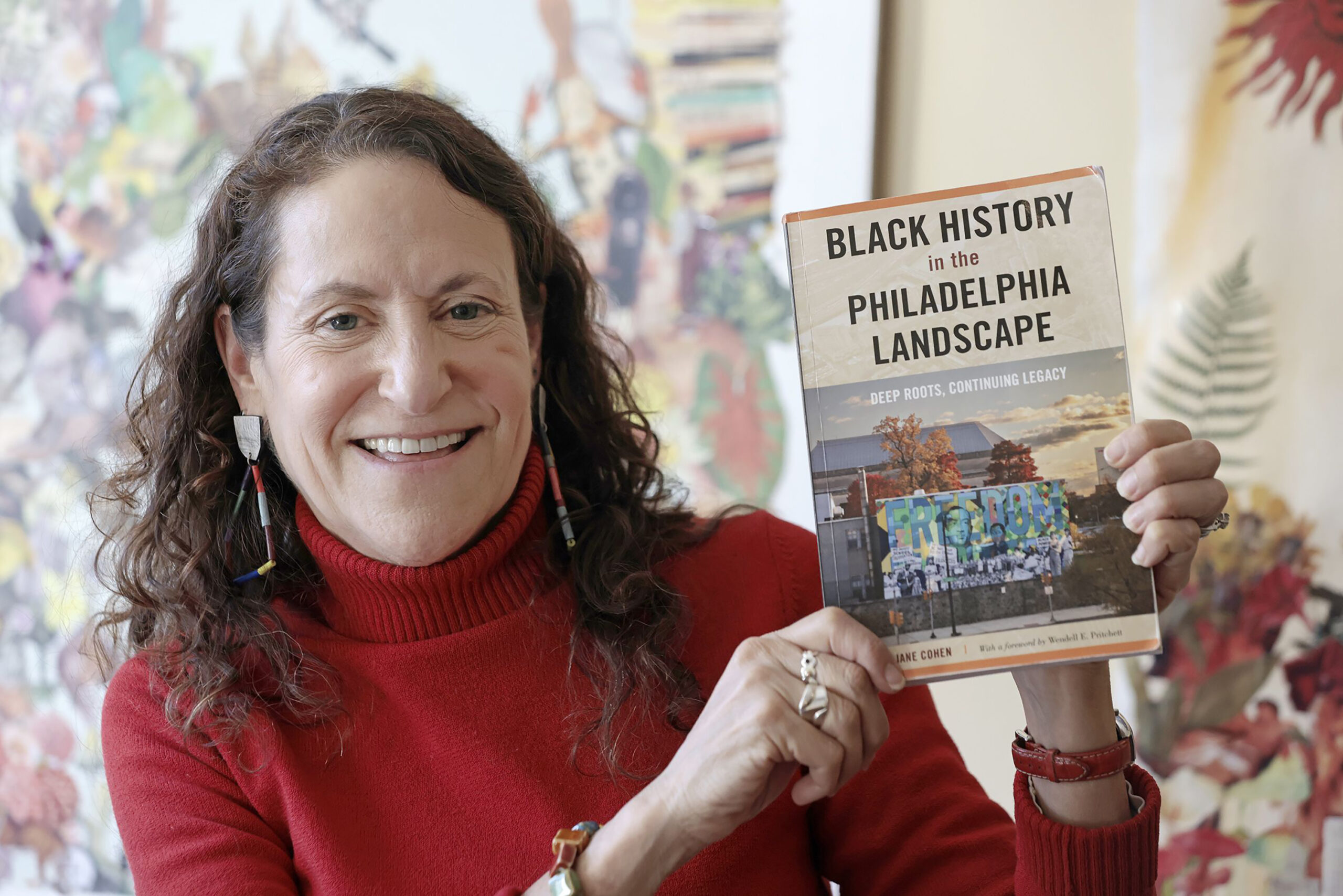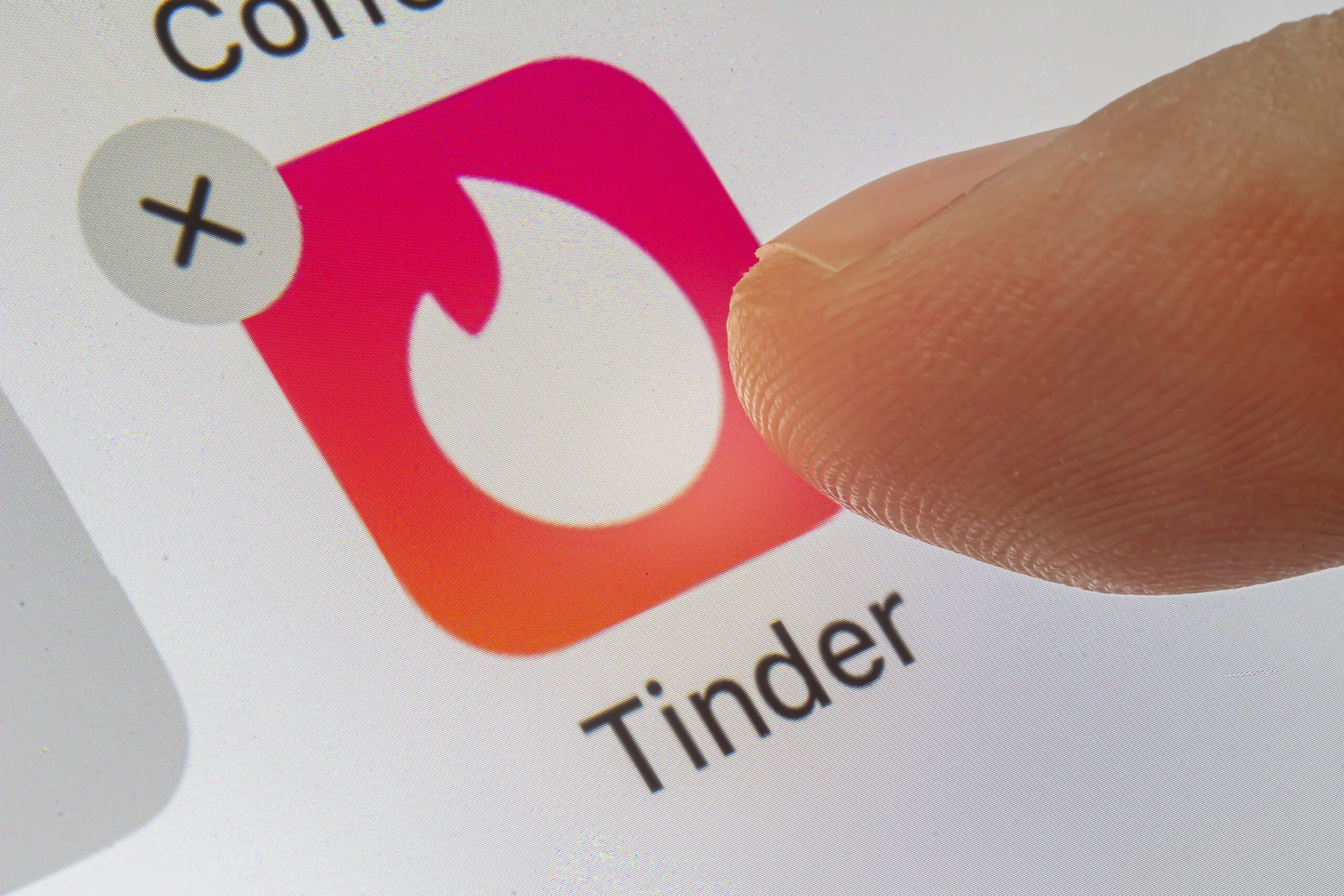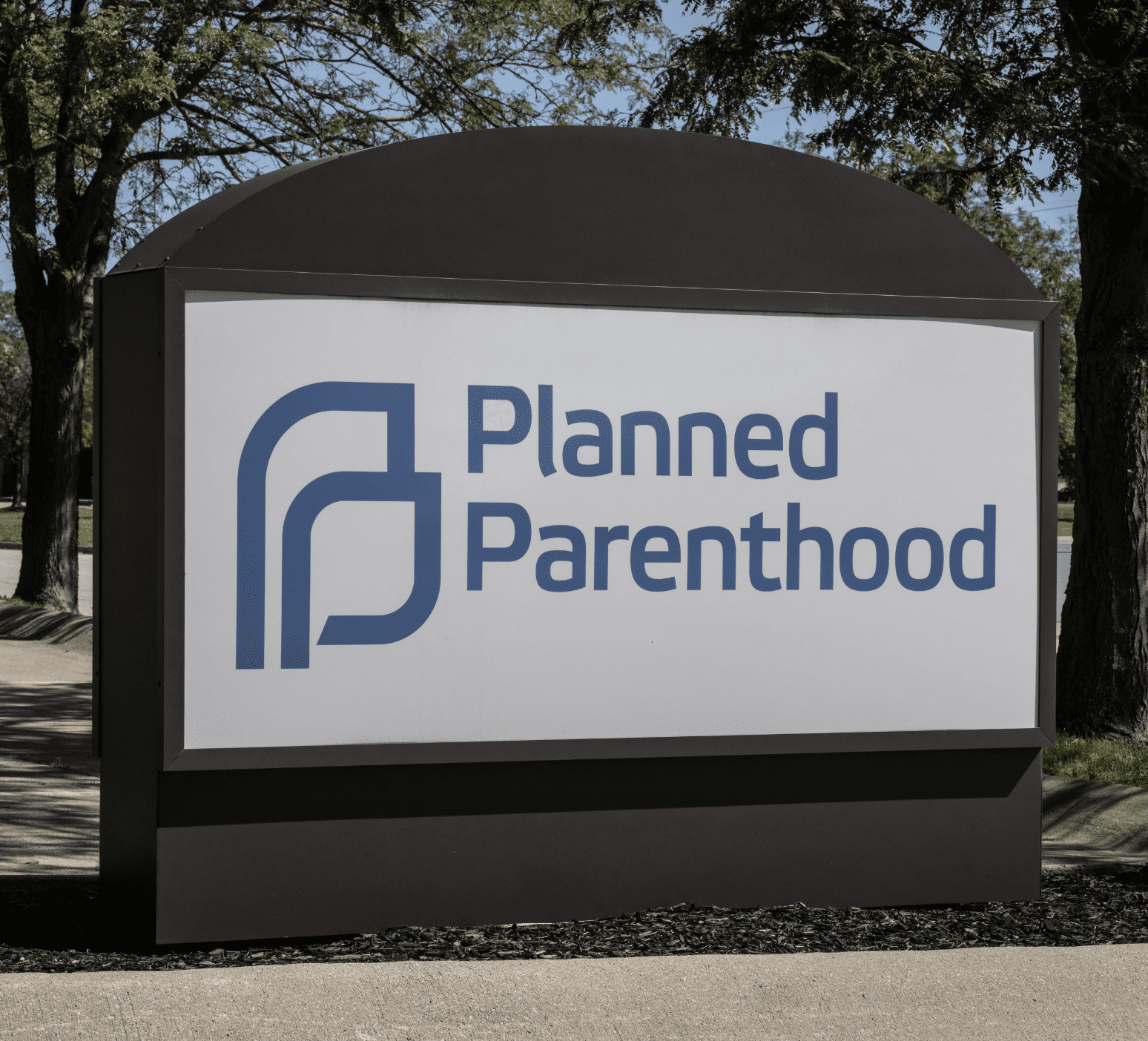By Elizabeth Wellington
(TNS)
For the past two months, author Amy Jane Cohen has been lecturing about Philadelphia’s Black history to predominately white audiences at libraries, bookstores, and exclusive private clubs in the city and the burbs.
“Black people have been [in Philadelphia] much longer than most people and have had a continuous and important presence,” Cohen, a former high school African American history teacher, recently told the Northeast Philadelphia History Network. “Black people have been the ones to push forward our country’s ability to live up to its ideals about equality for all.”
The crowd listened. Some nodded.
Then Cohen — who is white — took the audience back to 1957, when Northeast High School moved from Eighth and Lehigh to Cottman and Algon, then a predominately white neighborhood. Racist real estate practices and federal policies prevented Black home ownership, so virtually no Black teens could attend the state-of-the-art school. Audience members pushed back. How could Cohen suggest that by advocating for the new school and grandfathering their children into it, their parents and grandparents were participating in systemic racism?
“I knew it was a risk talking about Northeast High School,” Cohen said later. “But I don’t regret it. I think I opened some eyes.”
Temple University Press released Cohen’s new book, “Black History in the Philadelphia Landscape,” in February, and she has spent the last two months lecturing about Philadelphia’s Black history. She’s having the hard conversations Black America begged white people to have with their brethren about the Black experience after George Floyd’s murder. She’s doing the work of an ally.
“If you spend as much time looking at local and national Black history as I have, you understand that systemic racism is real,” Cohen said. “It still impacts us today.”
The 205-page text is written for a general audience, but it is ideal for Philadelphia high schoolers, who are required to take a year of African American history. Cohen’s website features a teacher’s guide. Temple University Press published thousands of copies with the hope of getting “the book into Philadelphia public schools as well as other schools in the Greater Philadelphia area,” said Aaron M. Javsicas, Temple Press’ editor in chief. Philadelphia recently revised its Black history curriculum to include more local Black history, said Ismael Jimenez, director of social studies for the Philadelphia School District, and the district is in talks with Cohen about how to best use her book.
Cohen is far from the first white scholar to write about Black history. Yet in a city like Philadelphia that boasts a long pedigree of Black scholars — from W.E.B. Du Bois to Marc Lamont Hill — why is she emerging as the contemporary face of Philadelphia Black history?
“That is certainly something we talked about,” Javsicas said. “One of the things I love about Amy’s book is that it makes it clear that Philadelphia history is African American history. They are not two separate things.”
A focus on Philadelphia Black history
Cohen, 59, knows people are curious: Why is this middle-aged white woman so focused on Black history in Philadelphia? She was born and raised in Rittenhouse Square, attended Friends Select School, received an undergraduate degree in history from Brown, and a master’s degree in history from the University of Pennsylvania.
She taught history at Abington Junior High before landing a gig teaching at Masterman in 2001. In 2005, Philadelphia passed a mandate making African American history a graduation requirement, and Cohen, who was already teaching a course in Philadelphia history that included units on the Underground Railroad and the Great Migration, volunteered to teach the course. “There were no Black teachers in my department,” she said. “There was an audible sigh of relief when I volunteered.”
Cohen said that, as a Jewish woman, she didn’t have to unlearn a white supremacist narrative. She understood that America was a country that stole land from American Indians and enslaved Black people. Still, she said, there was a huge learning curve. She read Gary Nash’s “Forging Freedom,” Du Bois’ “The Philadelphia Negro,” and the early works of 18th century Free African Society founders and religious leaders Richard Allen and Absalom Jones.
“I learned very early on about Black people’s ongoing history of resistance,” Cohen said. “If one only has a superficial knowledge of Black history you get the impression the civil rights era was the first big organized attempt at resistance. I have been able to appreciate the full-fledged, self-actualized people Black Philadelphians are and have always been.”
George Zimmerman killed Trayvon Martin in 2012. One year later — after eight years of teaching African American history — Cohen retired and started writing more about Black history. Black Lives Matter became a movement. Donald Trump became president. George Floyd was killed. Nikole Hannah-Jones’ groundbreaking New York Times “1619 Project” suggested that American history should be taught through the lens of systemic racism. States like Florida and Texas have stopped teaching African American history curricula, calling Black American history unpatriotic.
“It’s a tragedy,” Cohen said. “But nothing will get better if we don’t have the difficult conversations.”
A quick, easy, nonjudgmental read
“Black History in the Philadelphia Landscape” is a quick, easy, and interesting read. Each of its 19 chapters looks at how events, individuals, and institutions are honored in historical markers, monuments, statues, and murals throughout the city. Black history courses through the fabric of Philadelphia, from the Cecil B. Moore Avenue street sign to the planned rededication of the Kimmel Center’s Verizon Hall to Marian Anderson Hall. Several chapters include reflections from prominent Black Philadelphians like journalist Michael Coard or University of Pennsylvania chaplain Charles Howard.
The book starts in 1684 when the Isabella, the first ship carrying the enslaved docked in Philadelphia, and spans through the Black power movement of the 1970s. Some chapters, like the ones about Du Bois and Moore, read like Wikipedia entries. But others, like the story of Alain Locke, the father of the Harlem Renaissance who was born in Philadelphia, and Malcolm X, who spent some of his early years at Philly mosques, were deeper dives that taught me something new.
Cohen writes frankly about injustices Black people faced, but despite her expertise and empathy, she lacks the insight and emotion of a writer who is a descendant of slaves. It’s the difference between a Black writer who wants justice for past hurts and a white writer seeking absolution.
“She acknowledges the people who laid the groundwork in the book, yet she isn’t from the intellectual genealogy of Black Philadelphia,” Jimenez said. “That limits the full gravity of what the book could mean to Philadelphia and how it is perceived. She’s writing about Black people, not for Black people.”
But does the color of Cohen’s skin really matter if the stories are being told? That’s a hard question. Black Americans have passed our stories of injustice, heartache, and triumph for centuries and white people brushed them off. Why is it that Cohen tells those same stories to a white audience and they are willing to listen?
“I know I’m coming from a place of privilege,” Cohen admits. “And no, I don’t have that visceral anger. A lot of what is getting me heard is my accessibility and my privilege.”
To the publishers, this is a benefit. That palatable, nonjudgmental tone appeals to a wide range of readers. “She writes for multiple audiences and has the bona fides and the background to back it up,” Javsicas said.
She isn’t getting rich — one rarely does when publishing with a university press. Her voice, however, is in the cultural zeitgeist. She’s becoming the academic face of Black history in Philadelphia.
Before “Black History” was released, Cohen used her connections to line up speaking engagements at the Acorn Club, the Franklin Inn, the Cosmopolitan Club, and bookstores and libraries in Narberth, Doylestown, Radnor, and Villanova. The rooms are always full.
“I’m surprised that so many of my invitations have come from places with overwhelmingly white audiences,” Cohen said. “But I’m pleased to share this information with people who otherwise may not have gotten it.”
©2024 The Philadelphia Inquirer, LLC. Visit at inquirer.com. Distributed by Tribune Content Agency, LLC.




